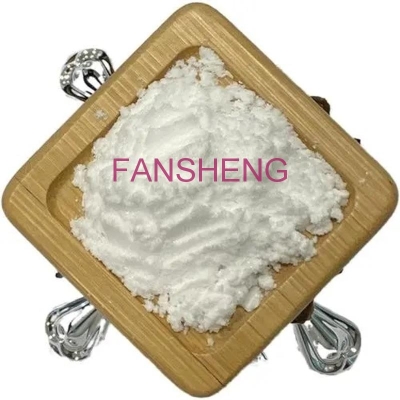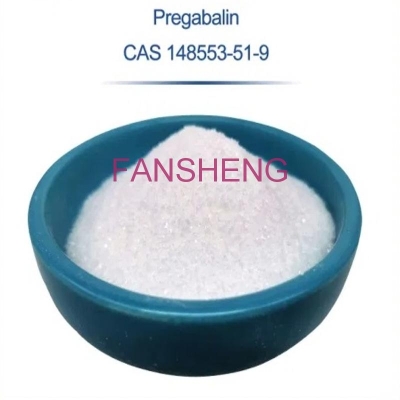-
Categories
-
Pharmaceutical Intermediates
-
Active Pharmaceutical Ingredients
-
Food Additives
- Industrial Coatings
- Agrochemicals
- Dyes and Pigments
- Surfactant
- Flavors and Fragrances
- Chemical Reagents
- Catalyst and Auxiliary
- Natural Products
- Inorganic Chemistry
-
Organic Chemistry
-
Biochemical Engineering
- Analytical Chemistry
- Cosmetic Ingredient
-
Pharmaceutical Intermediates
Promotion
ECHEMI Mall
Wholesale
Weekly Price
Exhibition
News
-
Trade Service
October 14, 2020 /--- In a healthy brain, a waste removal process called "autophagy" usually removes and degrades damaged cellular components, including malformed proteins such as tau and toxic mitochondrials.
Otherwise, this cell fragment accumulates like unclogted garbage, causing brain cells (neurons) to die and ultimately destroying the cognitive abilities of people with Alzheimer's disease and certain other neurodegenerative diseases, such as thinking, memory, and reasoning.
p62 protein is a selective autophagy cargo subject that plays an important role in removing misfolded tau proteins and abnormally functioning mitochondrials, energy sources in all cells, including neurons.
(Photo: www.pixabay.com) Now, neuroscientist at the Byrd Alzheimer's Center at usF Health university in South Florida have reported for the first time that the phosphatase Slingshot-1 protein destroys p62's ability to act as an effective "garbage collector", undermining that effect.
a preclinical study, researchers showed that the role of SSH1 in preventing tau protective removal mediated by p62 was independent of SSH1 in activating cofilin.
their findings were published October 12 in the journal Autophagy. Dr David Kang, senior author of the paper, said:
Slingshot-1 is an important participant in regulating tau and neurotoxic mitochondrial levels, so it's important to know exactly what's wrong with their accumulation in the brain.
this study provides more insight into the defects that originate from the p62 pathway, which will help us develop SSH1 inhibitors (drugs) to prevent or slow down Alzheimer's disease and associated neurodegenerative diseases.
"At the beginning of the study, researchers, including lead author Dr. Cenxiao Fang, knew that, with the removal of bad mitochondrials, the TBK1 enzyme activates p62 by adding phosphorylation modifications to the p62 protein 403 serine (SER403).
, however, no scientists have found any enzymes that can remove phosphates from p62, known as dephosphatization.
In a series of genetic infestion and over-expression experiments using human cell line, primary neurons, and tauopathy mouse models, the authors found the dephosphatizing enzyme SSH1, which is specifically used in SER403, the first enzyme to remove the key phosphate from p62, resulting in p62 infestion.
also showed that two main and completely independent signaling pathogenesies related to tau pathology (one for p62 and the other for cofilin) were regulated by the same enzyme, SSH1.
(bioon.com) Source: Enzyme SSH1 Impairs disposal of accumulating cellular garbage, leading to brain cell death Source: Autophagy (2020). DOI: 10.1080/15548627.2020.1816663.







